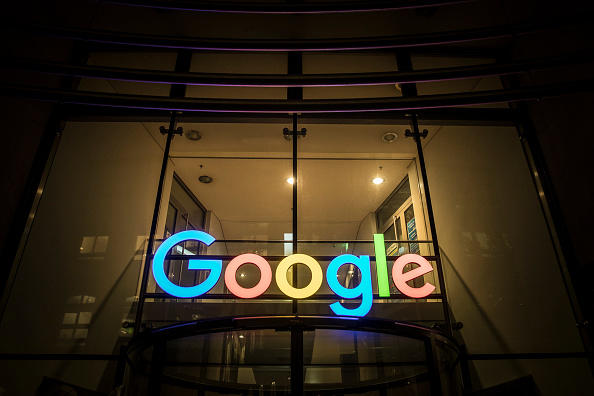The consequences of the lack of diversity in tech can be severe. From algorithms that mistake Black people for gorillas to AI that can’t recognize dark-skinned women, tech has shown it needs to get it together and make their companies more representative of the world they operate in.
Recently, Google released its fifth Diversity Annual Report. Although the tech numbers aren’t amazing, it shows some improvements over the past few years.
To start, Google found its attrition rate — referring to how many employees leave a company annually — improved for almost every demographic. In general, Google saw improved attrition rates for employees of color in the United States, although that didn’t hold true for Native American employees.
The greatest improvements happened with Black employees, mostly with Black men in both tech and non-tech roles. The company also found that women are less likely to leave Google, and it’s a pattern that’s even stronger among women in tech roles.
However, Google noted that Black women weren’t “experiencing Google as positively as other groups.” As a result, the company invited all Black women employees to meet at its headquarters for a State of Black Women Summit. The company will hold a second one in summer 2019.
Since Google began reporting its data in 2014, Black and Latinx representation have seen the greatest hiring gains. This year, U.S. Black and Latinx hires rose 4.8 percent and 6.8 percent respectively.
Women tech hires increased to 34.9 percent in the United States. According to Google, this is the biggest increase the company saw for any underrepresented group. Non-tech women hires also grew to 51.6 percent in the United States, which is a 6.4 percent increase from last year.
Now, Google has finally started to include data from employees self-identifying as LGBTQ+ or having a disability. Google found that 8.5 percent of its employees identify as LGBTQ+ and 7.5 percent were disabled.
It’s important to include these new demographics. Conversations around diversity in tech have to expand because LGBTQ+ and disabled people are impacted by what these companies do as well.
















